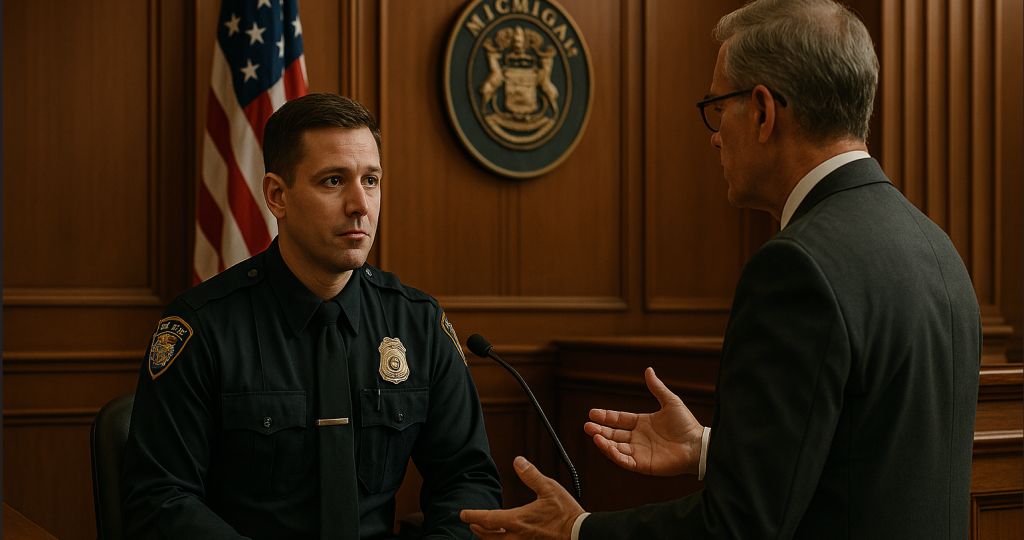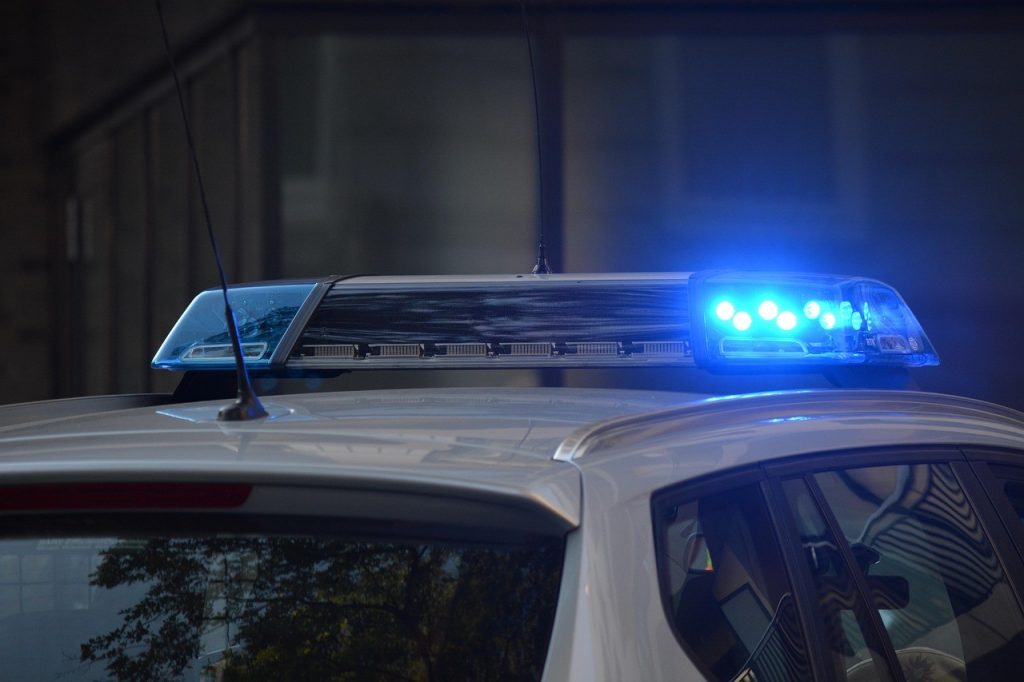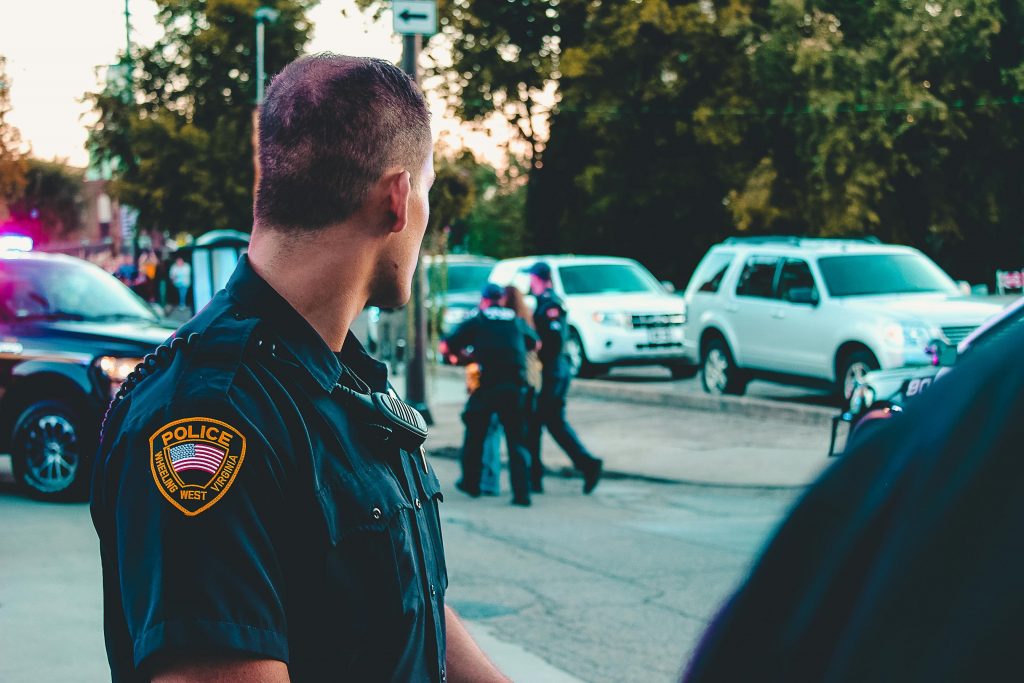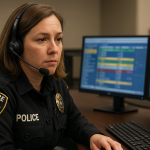Police Officers Can Qualify as Expert Witnesses
Although it might seem like an apparent conflict of interest, courts permit prosecutors to qualify police officers as expert witnesses in various fields of expertise.

How To Defend Against Police Expert Testimony
In the case of People v Bynum, decided by the Michigan Supreme Court on July 11, 2014, the Court decided that a police officer who was an expert witness on gang-related issues could only testify about gangs and gang culture. The police officer’s testimony connecting Bynum to the crime was inappropriate propensity evidence. Michigan Rules of Evidence prohibit testimony specifically used to prove that a gang member acted in conformity with character traits commonly associated with gang members on a particular occasion. In Michigan, it is not axiomatic that police officers can provide testimony as expert witnesses, but this strategy is subject to attack by a skilled, aggressive defense lawyer.
At the trial court, the defense attorney put a general objection to the testimony. The trial judge allowed it, concluding it was relevant to prove motive. On appeal, the Court of Appeals reversed Bynum’s conviction, determining the testimony was inappropriate. The Michigan Supreme Court agreed.
When is Expert Testimony Admissible?
Expert testimony is admissible if intended to assist a jury in understanding the evidence. If the evidence is within the grasp of a reasonable person, this evidence is not admissible. The purpose is to educate a jury – and not to present testimony that a person acted in a particular manner that would imply guilt. This decision is critically important because the use of police as alleged “experts” in gang, gun, and drug crimes is widely misused by prosecutors with the consent of uninformed or uncaring judges. Defense attorneys have become so accustomed to being overruled on this and other issues that they don’t even bother to object at trial, including police expert testimony, which deprives their client of a fair defense.

How to Avoid Trial and Get Charges Dismissed or Reduced
When facing criminal charges, the choice of your legal representation can profoundly influence the outcome of your case. While there are many competent attorneys, selecting a known, respected, and specialized criminal trial lawyer can significantly enhance your chances of achieving a favorable outcome, such as getting charges reduced or dismissed. This contrasts sharply with lawyers primarily known for negotiating guilty pleas or those who practice multiple types of law without a specific focus on criminal defense. It takes an experienced defense attorney to prevent police expert testimony and turn the tables to favor the defendant in court.
- Specialized Expertise and Strategic Acumen: A specialized criminal trial attorney brings a wealth of knowledge specific to criminal law, which is invaluable in navigating the complex legal system. Their focus on criminal defense equips them with an in-depth understanding of the nuances of criminal law, including evidentiary issues, procedural rules, and case law that can be pivotal in your defense. This expertise allows them to craft more strategic and effective defenses tailored to the specific circumstances of your case.
- Respected Reputation in the Legal Community: Renowned criminal trial lawyers often have a strong reputation among peers, prosecutors, and judges. This respect can be advantageous in negotiations and discussions about your case. A lawyer known for their skill in the courtroom may be more likely to be taken seriously by the prosecution, which can lead to more favorable plea offers and, sometimes, a willingness from the other side to drop or reduce charges rather than face a vigorous trial defense.
- Proven Track Record of Success: Lawyers with a history of successfully defending clients in trials bring confidence and experience that cannot be understated. This track record is not only a testament to their skill but also serves as a psychological advantage in your case. Prosecutors are often more willing to negotiate favorable terms when they know they’re up against an attorney with a history of securing favorable trial outcomes.
- Commitment to Client’s Best Interest: Unlike attorneys who may quickly resort to guilty pleas, a dedicated criminal trial lawyer is more likely to explore every avenue for defense. They are committed to your best interest and are prepared to fight for your rights and freedom in court. This tenacity can make a significant difference, especially in cases where the evidence is not straightforward, or the prosecution’s case is not as strong as it appears.
- The Power of Thorough Preparation: A respected criminal trial lawyer’s preparation for trial is often meticulous, leaving no stone unturned. This thorough preparation can lead to uncovering weaknesses in the prosecution’s case, identifying new defense strategies, preventing police or other expert testimony, and being adept at cross-examining witnesses. The mere readiness to go to trial can sometimes lead to a better plea deal, as the prosecution may seek to avoid the risks of trial.
In conclusion, while every attorney has their strengths, a known, respected, and specialized criminal trial lawyer, such as the ones with LEWIS & DICKSTEIN, P.L.L.C., brings unique skills and a level of dedication critical in criminal defense. Their expertise, reputation, and proven track record can be the difference between a conviction and reduced or dismissed charges. As a defendant, you deserve the best chance for a favorable outcome, and choosing the right lawyer is the first crucial step in that direction.

Why Juries Should Be Leery When Prosecutors Rely on Police Officers as Expert Witnesses
In the courtroom, the testimony of an expert witness can significantly influence a jury’s decision-making process. However, when prosecutors rely heavily on police officers as expert witnesses, juries should approach this testimony with a healthy degree of skepticism. Police officers, while often experienced in law enforcement practices, may not possess the specialized, technical expertise required to offer an unbiased and comprehensive analysis in some instances. Their testimony could be colored by their professional experiences and loyalties, potentially leading to inherent bias favoring the prosecution. This concern is particularly acute in cases where the interpretation of evidence requires specialized knowledge beyond standard police training, such as in forensic science, medical matters, or advanced technology. Additionally, the perceived authority of a police officer’s testimony might unduly sway a jury, overshadowing other crucial evidence or expert opinions. It is vital for juries to evaluate the scope of an officer’s expertise critically and consider the potential for bias, ensuring that their verdict is based on a balanced and fair assessment of all the evidence presented.

Michigan Criminal Defense Attorneys – Using the Rules of Evidence to Fight for You
The fear of a tough prosecutor or a prosecution-friendly judge never dissuades an attorney with LEWIS & DICKSTEIN, P.L.L.C. from fighting for their client. Evidence issues can be highly complex, and many criminal defense lawyers do not sufficiently understand them to protect their clients at trial. It is essential that you have someone highly knowledgeable in the Constitution and the Rules of Evidence by your side throughout the trial to protect you against prosecutors who are only interested in getting you convicted and from judges who regularly turn a blind eye to due process. The need for an attorney well-versed in the Rules of Evidence is especially true when dealing with a police officer called to testify as an expert.
The attorneys with LEWIS & DICKSTEIN, P.L.L.C. are at their best when standing between you and the government. They are aggressive, knowledgeable, and vastly experienced in criminal law and evidence. If you face criminal charges, call us for a free consultation, and we will find a way to help you. If the prosecution seeks to elicit testimony of a police officer expert witness, we know what is necessary to fight to protect you.
Call us today at (248) 263-6800 for a free consultation or complete an online Request for Assistance Form. We will contact you promptly and find a way to help you.














